Recently, a piece was published on the website of the leftist-liberal Drogriporter, seemingly showing broad international unity: 116 civil society organizations signed an open letter protesting Hungary’s drug policy, strongly criticizing its "war rhetoric" and the expected consequences, reported the Drogkutato Intezet (Drug Research Institute, DKI).
The letter attempts to suggest that Hungary is isolating itself internationally through the legal tightening, as if the more rational part of the world uniformly condemned the Hungarian direction. But the truth, as in many other cases, is far more nuanced. In fact,
many of the claims are simply misleading or don’t reflect the full picture at all,
the DKI pointed out.

Pseudo-civil society organizations protested a law they hadn’t even seen
The DKI pointed out a basic fact, which even the open letter is forced to acknowledge: he drafting of the document and the collection of signatures took place before the Hungarian legislative package was officially submitted. This means the critics had no knowledge of the law's actual content. This is not merely a technical detail, but a serious substantive issue.
The protesters spoke out against a proposal about which they did not know what legal changes or what kind of measures it would entail. It is no coincidence that the letter speaks in general terms, focusing more on ideology than on specific policy concerns.
This alone calls into question the validity and weight of the protest. Although DKI does not doubt the good intentions behind it, drug policy is such a complex and professionally sensitive area that it is difficult to take a meaningful position without knowing the specifics, they pointed out.
Self-important Ukranians
The DKI also highlighted a discreetly treated detail in the article: the 116 signatories include six Ukrainian associations. There's nothing inherently wrong with Ukrainian groups participating in an international protest, but these are organizations from a country, which is living under the severe burdens of war, where the social system is operating under immense stress, and where drug-related problems — including rapidly rising substance use among traumatized population, an overburdened healthcare system, and the spread of drug-related crime — have reached catastrophic levels. Under these circumstances, it’s surprising that these groups are not primarily concerned with the pressing crisis in their own country but instead are criticizing Hungary’s legal framework and its otherwise functioning system, the DKI commented.
There is nothing in Hungary’s proposed drug policy changes that would be incompatible with European norms, whereas the population in Ukraine is facing fundamental human rights challenges.
If their intentions were truly humanitarian, their primary task would be to address their own society’s crisis, not prematurely judge another country’s legislative process.
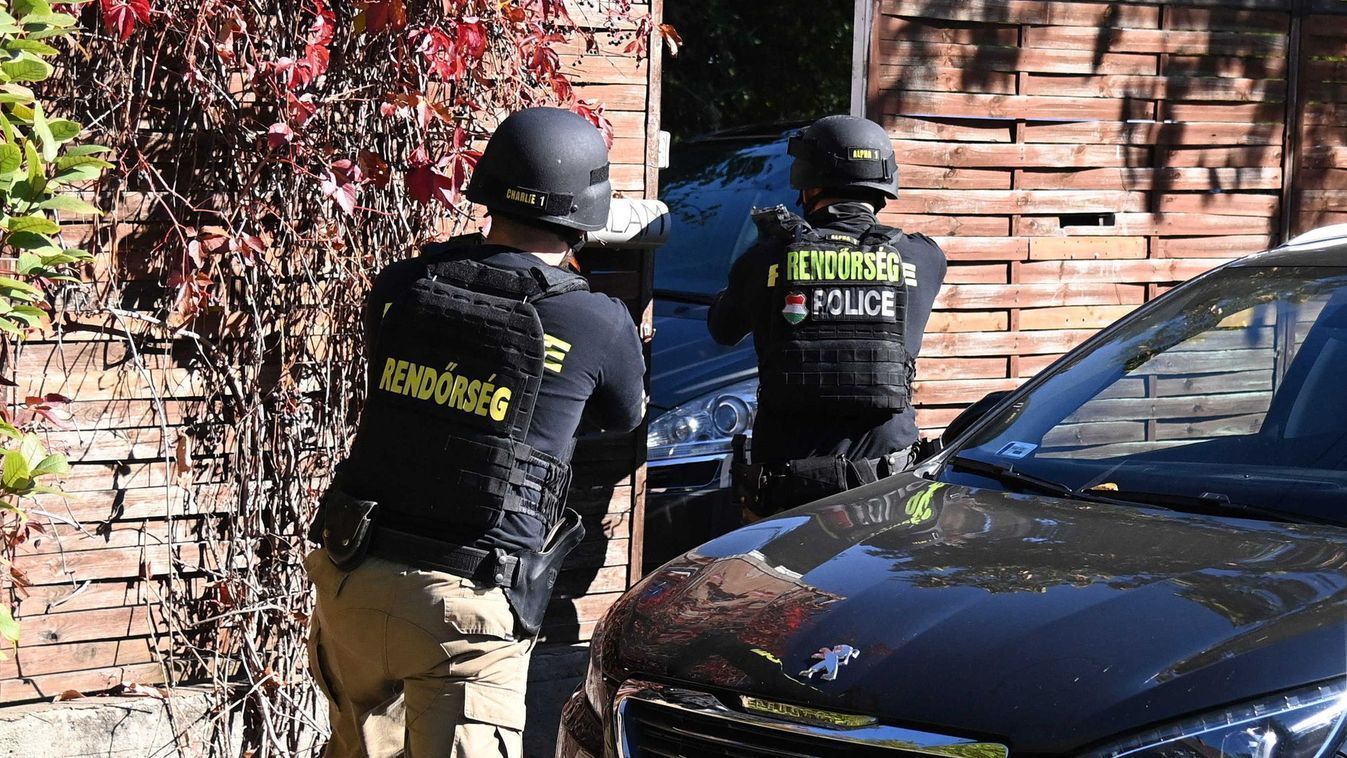

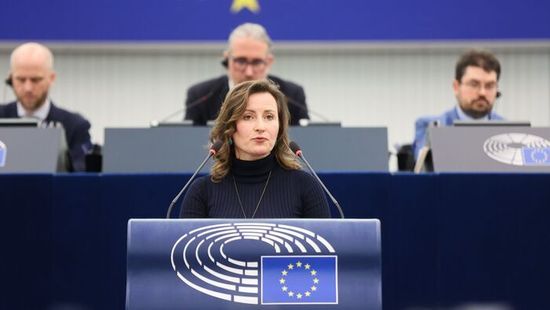
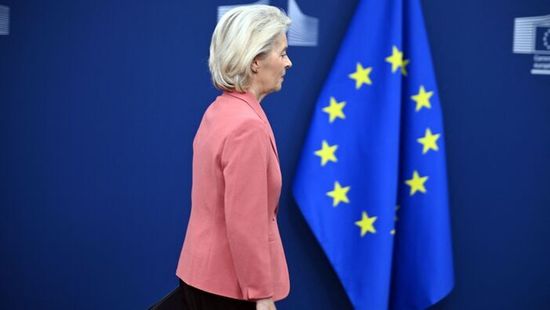
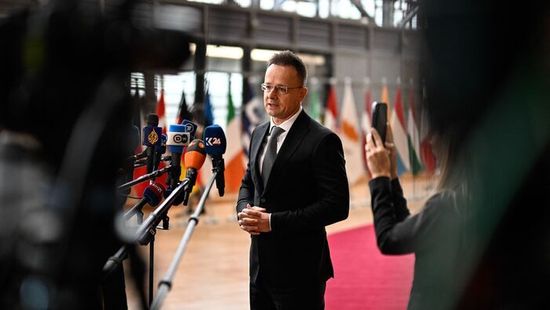

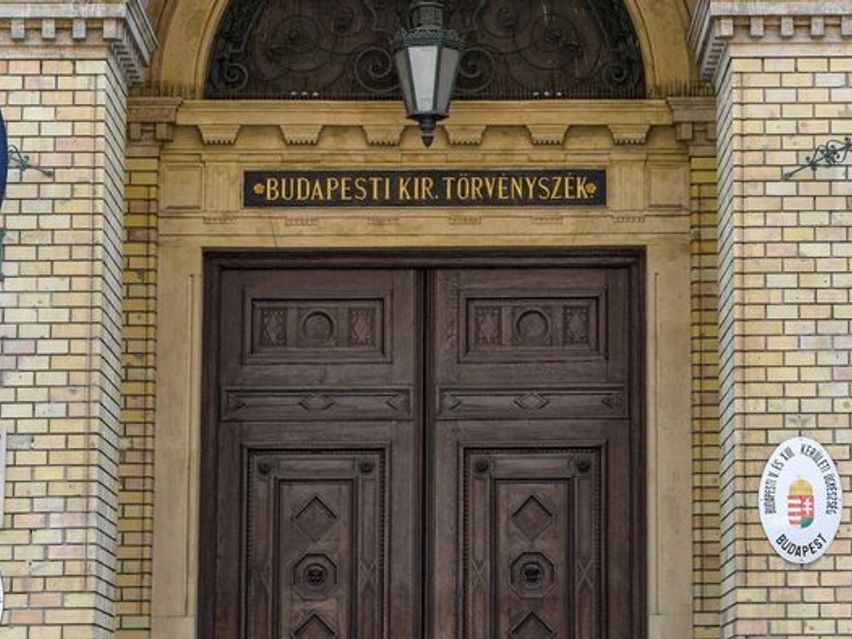
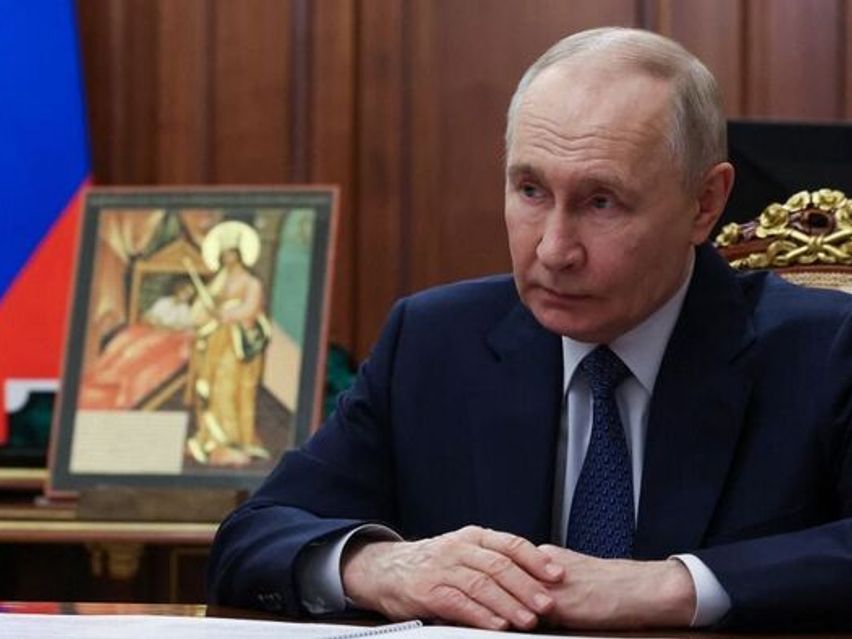




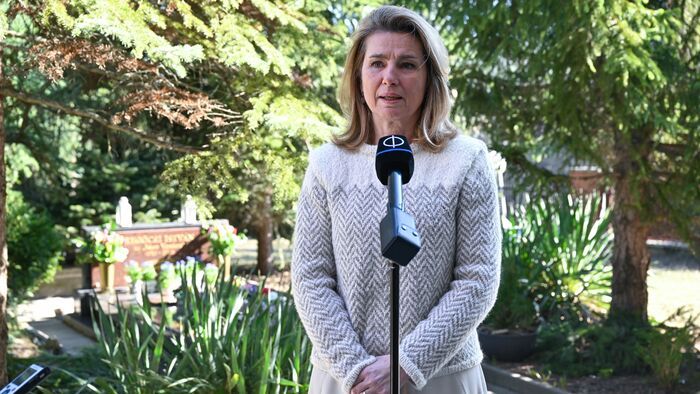



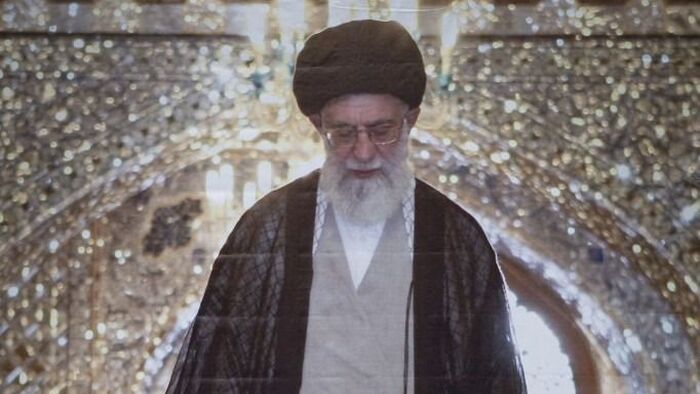
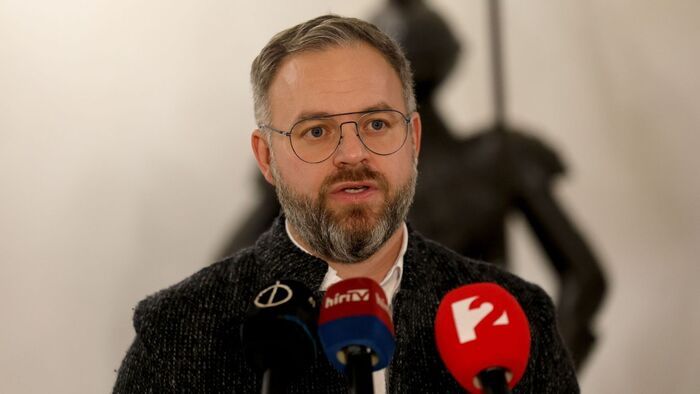





Szóljon hozzá!
Jelenleg csak a hozzászólások egy kis részét látja. Hozzászóláshoz és a további kommentek megtekintéséhez lépjen be, vagy regisztráljon!